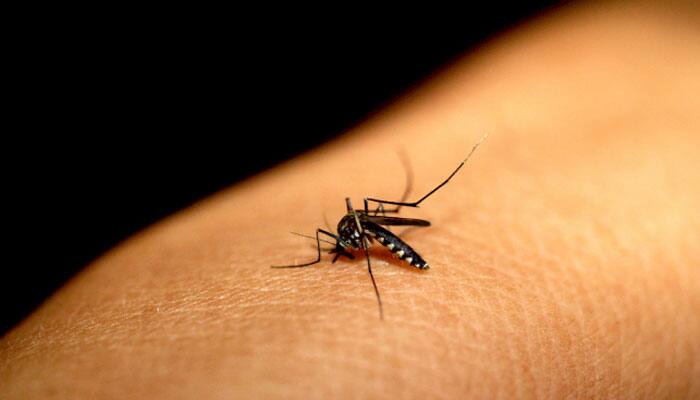Zee Media Bureau
Washington: In the complex life cycle of malaria, a weakness has opened the avenues for developing new treatment methods, as revealed by new research.
A researcher from Australian National University, Alexander Maier said that by studying lipid molecules, fats, rather than proteins or DNA, they have opened a new avenue to develop drug treatments for malaria. But the malaria parasites show resistance to all current anti-malarial drugs.
He further added that female parasites build a deposit of fat in a localised spot that is controlled by gABCG2f, which is a molecule that controls the transport of fat molecules.
Malaria, genetically modified to have no gABCG2 did not accumulate fat in the same way, and struggled to survive in the mosquito.
Phuong Tran, co-researcher said that the discovery of the role of fats within the gametocyte could lead to new malaria drugs. It is based on current drugs that influence fat digestion, such as cholesterol reducers.
Tran further said that if they could target the molecule gABCG2f and kill the females, then they could stop the fertilization, which would in turn stop the development and transmission of the disease.
The results are published in the latest edition of Nature Communications.
















